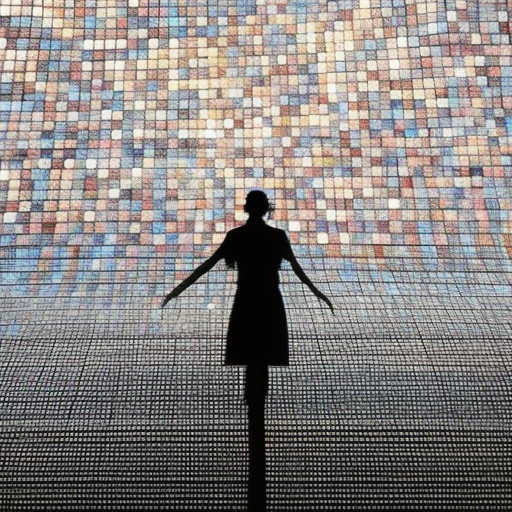Digital Photography: Capturing Moments in the Digital Age
Digital photography has revolutionized the way we capture and share moments, offering numerous advantages over traditional film photography. In this summary, we will explore the key features and benefits of digital photography, as well as its impact on the art and culture of photography.
Advantages of Digital Photography
Digital photography offers several advantages over traditional film photography. Firstly, digital cameras allow instant previewing of images, eliminating the need for film development and reducing costs. This immediate feedback also enables photographers to make adjustments and retake shots if necessary, resulting in higher quality images.
Another significant advantage of digital photography is the ability to store and manipulate images digitally. With the advent of memory cards and hard drives, photographers can capture and store thousands of images without the need for physical storage space. Additionally, digital images can be easily edited, enhanced, and shared using various software applications, providing photographers with greater creative control.
Impact on the Art and Culture of Photography
Digital photography has had a profound impact on the art and culture of photography. It has democratized the medium, making it more accessible to a wider audience. The affordability and ease of use of digital cameras have allowed aspiring photographers to experiment and develop their skills without the financial constraints associated with film photography.
Furthermore, digital photography has facilitated the rise of social media platforms and online photo-sharing websites, such as Instagram and Flickr. These platforms have not only provided a space for photographers to showcase their work but have also fostered a sense of community and collaboration among photographers worldwide. The ability to instantly share and receive feedback on images has accelerated the learning process and encouraged the exchange of ideas and techniques.
Challenges and Considerations
While digital photography offers numerous benefits, it also presents certain challenges and considerations. One of the main concerns is the issue of image manipulation and authenticity. With the ease of digital editing, it has become increasingly difficult to distinguish between original and manipulated images. This has raised questions about the credibility and trustworthiness of digital photographs, particularly in the context of photojournalism and documentary photography.
Another consideration is the rapid advancement of technology, leading to frequent upgrades and obsolescence of digital cameras. This can be both a financial burden for photographers and an environmental concern due to the disposal of outdated equipment. Additionally, the reliance on digital storage media raises concerns about data loss and the need for proper backup and archiving practices.
The Future of Digital Photography
The future of digital photography looks promising, with ongoing advancements in technology and software. High-resolution sensors, improved low-light performance, and enhanced image stabilization are just a few of the developments that continue to push the boundaries of digital photography.
Furthermore, the integration of artificial intelligence (AI) and machine learning algorithms is revolutionizing image processing and analysis. AI-powered features such as facial recognition, automatic scene detection, and intelligent image editing tools are becoming increasingly common in digital cameras and software applications, making photography more accessible and intuitive for users of all skill levels.
In conclusion, digital photography has transformed the way we capture, edit, and share images. Its numerous advantages, including instant previewing, digital storage, and editing capabilities, have made it the preferred medium for photographers worldwide. While it has democratized photography and fostered a sense of community, it also presents challenges related to image manipulation and technological obsolescence. Nonetheless, the future of digital photography looks promising, with ongoing advancements in technology and the integration of AI, ensuring that the art and culture of photography will continue to evolve in the digital age.












